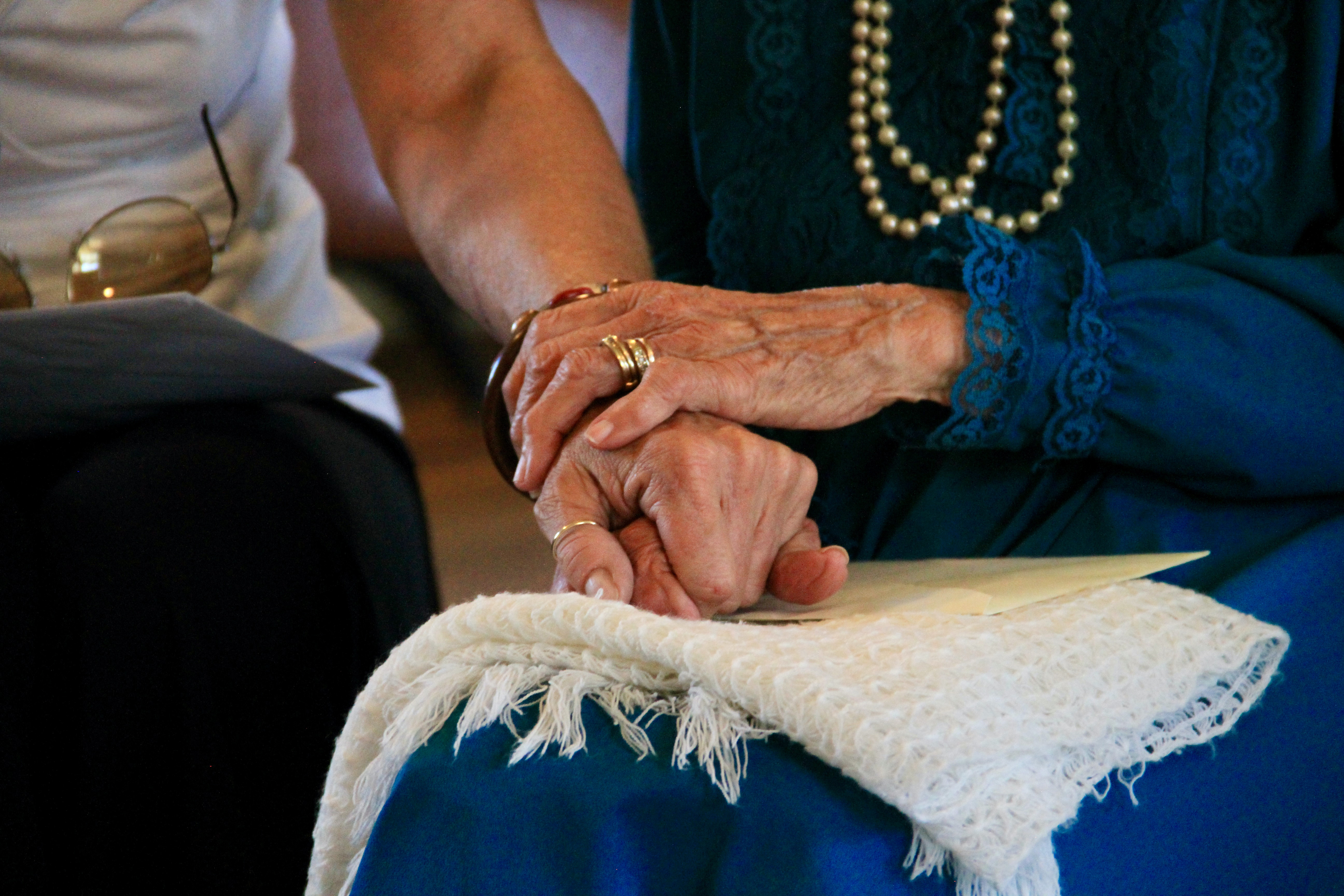Caring for a loved one can be a deeply fulfilling experience, but it can also be physically, emotionally, and mentally exhausting. The responsibilities and demands of being a caregiver can accumulate over time, leading to burnout. However, it’s crucial to remember that you don’t have to face this journey alone.
Caregiver burnout is a state of physical, emotional, and mental exhaustion caused by the ongoing stress of caregiving responsibilities. It can manifest in various ways, including fatigue, irritability, difficulty concentrating, anxiety, depression, and a decline in personal well-being. Identifying the signs of burnout is crucial, as it enables caregivers to seek the help they need before their own health and quality of life are significantly impacted.
Here are some tips to help alleviate caregiver burnout and provide much-needed support.
- Talk to others in caregiver support groups: Connecting with others who share similar experiences can be immensely beneficial. Joining a caregiver support group, either in-person or online, provides an opportunity to share stories, seek advice, and gain emotional support from people who truly understand the challenges of caregiving.
- Consider counselling: Professional counselling can offer caregivers a safe space to express their feelings and emotions. A therapist can help caregivers develop coping strategies, manage stress, and navigate the complexities of their role. Individual or group therapy sessions can provide a supportive environment to address caregiver burnout effectively.
- Access educational programs: Many organizations and healthcare facilities offer educational programs specifically designed for caregivers. These programs provide valuable information, practical skills, and resources to help caregivers better understand their loved one’s condition, manage their care, and maintain their own well-being.
- Take advantage of benefits: Canada offers some benefits and subsidies for those over 65 years old. Get to know the benefits you or your loved one can access.
- Ask for help: Caregiving doesn’t have to be a one-person job. Reach out to family members, friends, or support groups to share the responsibilities. Accepting help from others not only lightens the load but also provides an opportunity for your loved one to bond with other caregivers or support networks.
- Prioritize self-care: Make self-care a non-negotiable part of your routine. Engage in activities that bring you joy, relaxation, and rejuvenation. Whether it’s taking a walk, reading a book, practicing meditation, or enjoying a hobby, ensure you allocate time for self-care activities regularly.
- Establish boundaries: Recognize your limits and set boundaries to protect your own well-being. Learn to say no when necessary, delegate tasks, and avoid overextending yourself. Prioritize your physical and mental health by maintaining a balanced schedule that allows for rest and personal time.
- Take regular breaks: Schedule regular breaks and respite periods to recharge. Even short periods of rest and relaxation can make a significant difference in your energy levels and overall well-being. Utilize respite care services, rely on trusted family members or friends, or explore community resources that offer temporary relief for caregivers.
- Use tools and technology: There are amazing advancements in technology to help take the load of day-to-day check-ins. Personal alert systems and GPS tracking tools can give you the peace of mind to know your loved one is safe.
- Celebrate the wins: Maintain a positive mindset and practice gratitude. Celebrate the small victories, focus on what you can control, and be kind to yourself. Positive thinking can help alleviate stress and provide a more optimistic outlook on your caregiving journey.
Caring for a loved one is an act of love, but it can be emotionally and physically demanding. Prioritizing your own well-being is essential to sustain your ability to provide care effectively. By getting informed, seeking help, practicing self-care, setting boundaries, and staying connected, caregivers can avoid burnout and continue to support their loved ones with compassion and strength. Remember, taking care of yourself is not selfish; it is a necessity for providing the best possible care for your loved one.
